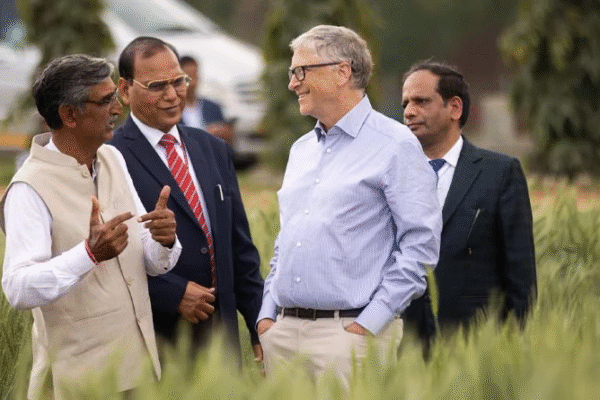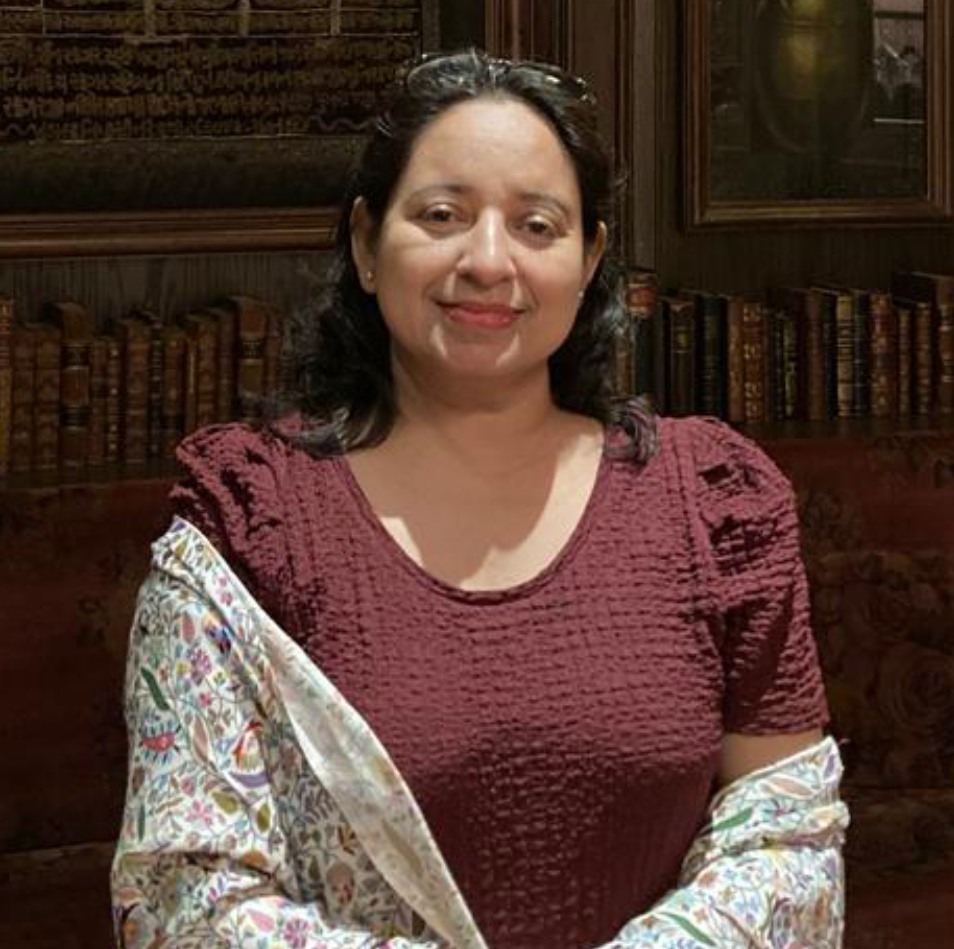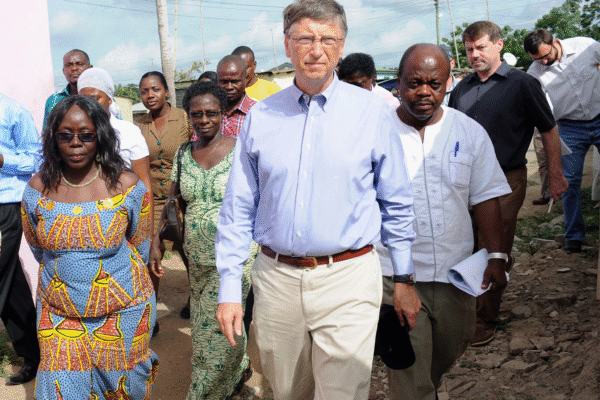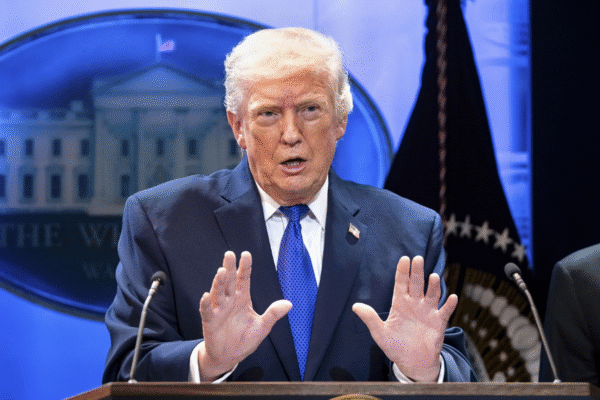

Understanding the Power of a U.S. Mayor: Mamdani’s Big Move with a Pakistani-Origin Advisor
The role of a mayor in the United States is far more influential than many outside the country realise. While federal politics captures global attention, American cities rely heavily on mayoral leadership to shape daily governance, public safety, housing development, and local lawmaking. This influence has become even clearer in New York, where Mayor Mamdani has drawn attention by adding a Pakistani-origin advisor to his inner circle — a significant signal of shifting power, diversity, and geopolitical awareness in America’s most watched city.
The move not only reflects the mayor’s growing political confidence but also highlights how U.S. mayors increasingly operate like national-level administrators. Their decisions can influence international relations, community identities, and debates far beyond city borders.
How Much Power Does a U.S. Mayor Really Hold?
In the United States, the mayor’s power varies depending on the city’s charter. However, in major metropolitan areas — especially New York — the mayor operates almost like a chief executive. They oversee city agencies, determine budget priorities, appoint commissioners, and influence policing, education, and infrastructure decisions. As cities grow more complex than entire nations, the mayor’s responsibilities resemble those of a head of government.
For example, the Mayor of New York controls the NYPD, the nation’s largest police force, and governs a budget larger than that of many countries. Additionally, the mayor can sign executive orders, reshape public transport strategies, push housing reforms, and negotiate directly with global investors. Because American cities enjoy high autonomy, mayors can shape their local identity without interference from the federal government.
Furthermore, mayors often act as political gateways for immigrant populations. Their appointments and decisions send strong signals to communities seeking representation in public life. This is why Mamdani’s latest inclusion of a Pakistani-origin advisor carries weight beyond symbolic politics.
Mamdani’s New Appointment: A Strategic Signal to New York’s South Asian Communities
New York Mayor Mamdani’s decision to bring a Pakistani-origin policy advisor into his inner circle has sparked conversations across the city’s political circles. The new advisor, whose background includes community organising and cross-cultural policy work, represents one of the fastest-growing South Asian communities in New York.
Although New York is traditionally influenced by Indian and Bangladeshi diasporas, Pakistani-Americans have long argued that they remain underrepresented in city leadership. Therefore, this appointment acts as a course correction — one that recognises shifting demographic realities.
Moreover, the move strengthens Mamdani’s political base. By expanding representation in his advisory team, he signals that his administration wants to bridge South Asian divides and build a more inclusive city government. It also boosts his image as a mayor who listens to immigrant voices and understands the nuances of South Asian geopolitics.
Importantly, this appointment arrives at a time when city governance requires deeper cultural intelligence. New York faces rising tensions over immigration, religious identity, and international conflicts that influence local communities. By adding a Pakistani-origin advisor, Mamdani equips his circle with a broader perspective, ultimately enhancing his decision-making capacity.
A New Chapter in New York’s Political Landscape
The combination of mayoral authority and diverse strategic appointments shows how U.S. city leaders are redefining political leadership. Mamdani’s move reflects a broader trend of American cities embracing multicultural governance to stay globally competitive and socially stable.
As the power of mayors continues to grow, decisions like this will shape not only local communities but also national political futures. In cities like New York, where diversity forms the backbone of civic life, inclusive leadership is no longer an option — it is a necessity.
Also Read: zohran-mamdani-identity-patriarchy/

Prabha Gupta is a veteran journalist and civic thinker dedicated to the constitutional ideals of dignity and institutional ethics. With over thirty years of experience in public communication, her work serves as a bridge between India’s civil society and its democratic institutions. She is a prominent voice on the evolution of Indian citizenship, advocating for a national discourse rooted in integrity and the empowerment of the common citizen









